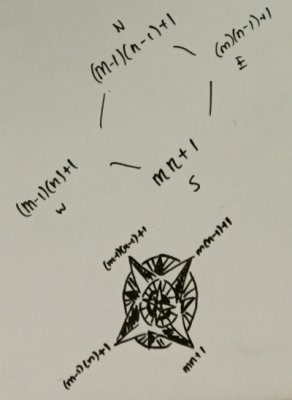Dear Colleagues, Friends, & Supporters,
The foci of this month’s blog and several forthcoming blogs are case studies of recent experiences in our inquiry-based classrooms. We believe these snapshots help illustrate the power and revolutionary changes inquiry-based teaching can bring to the teaching and learning of mathematics.
To whet your appetite, we ask whether you can imagine…
- The "weakest" class of non-majors discovering new mathematics appropriate for publication?
- The benefits of purposely not learning the key proofs before walking in to "teach" them in class?
- Why it is often valuable to encourage conflicts in your mathematics classes?
The importance of trusting your students to determine the path of their mathematical explorations even when you don’t know the landscape ahead?
We are really looking forward to the Joint Mathematics Meetings in Seattle in January. Please stop by our booth! We have some wonderful activities for you to try out...
And right after the joint meetings we will facilitate a short IBL workshop in Spokane, WA. What a rich and full life we have. :)
Sincerely,
Julian Fleron, Phil Hotchkiss, Volker Ecke, & Christine von Renesse.

